Invoking the Holocaust ...
By John Mearsheimer
For American readers, the great virtue of Avraham Burg's important new book is that he says things about Israel and the Jewish people that are hardly ever heard in mainstream discourse in the United States. It is hard to believe how stunted and biased the coverage of Israel is in the American media, not to mention the extent to which our politicians have perfected the art of pandering to the Jewish state. The situation got so bad in the recent presidential campaign that journalists Jeffrey Goldberg and Shmuel Rosner -- both staunch defenders of Israel -- wrote pieces titled "Enough about Israel Already."
Let's hope that The Holocaust is Over is widely read and discussed, because it makes arguments that need to be heard and considered by Americans of all persuasions, but especially by those who feel a deep attachment to Israel. The fact that Burg wrote this book also matters greatly. He cannot be easily dismissed as a self-hating Jew or a crank, as he comes from a prominent Israeli family and has been deeply involved in mainstream Israeli politics for much of his adult life. Moreover, he clearly loves Israel.
Burg makes many smart points in his book, but I would like to focus on what I take to be his central arguments. His core message is that Israel is in serious trouble at home and there is good reason to think that things could go horribly wrong in the future. He emphasizes that Israel has changed greatly since 1948. He quotes his mother on this point: "This country is not the country that we built. We founded a different country in 1948, but I don't know where it's disappeared." Israel today, he writes, "is frighteningly similar to the countries we never wanted to resemble." Talking about Israel's shift to the right over time, he makes the eye-popping observation that "Jews and Israelis have become thugs."
Burg makes it clear that he is not equating Israel's past behavior with what happened in Nazi Germany, but he does see disturbing similarities between Israel and "the Germany that preceded Hitler." This raises the obvious question: could Israel end up going on a murderous rampage against the Palestinians? Burg thinks it is possible. He writes, "The notion that this cannot happen to us because our history as persecuted people makes us immune to hatred and racism is very dangerous. A look inside Israel shows that the erosion has begun." He even raises the possibility that there might be a civil war inside Israel, which "will be not a war between members of the Jewish people of different shades of beliefs, but an uncompromising struggle between good people and bad people anywhere."
Burg is aware that many American Jews will dismiss his arguments because they are so at odds with the picture of Israel that they have in their heads. Accordingly, he reminds the reader: "I come from there, and my friends and relatives are still there. I listen to their talk, know their ambitions, and feel their heartbeats. I know where they are headed." And where they might be headed worries him greatly. Again, he fears that Israel will end up following in the footsteps of Germany, where "slow processes altered the perception of reality to the degree that insanity became the norm, and then we were exterminated. It happened in the land of poets and philosophers. There it was possible, and here too, in the land of the prophets. The establishment of a state run by rabbis and generals is not an impossible nightmare. I know how difficult this comparison is, but please open your ears, eyes, and hearts."
Many American Jews think that Israel is in trouble today because of anti-Semitism or because it is surrounded by dangerous adversaries who threaten Israel's very existence. Israelis themselves, Burg reminds us, love to emphasize that "the entire world is against us." He dismisses these wrongheaded beliefs: "Today we are armed to the teeth, better equipped than any other generation in Jewish history. We have a tremendous army, an obsession with security, and the safety net of the United States ... Anti-Semitism seems ridiculous, even innocuous compared with the strength of the Jewish people of today."
For Burg, Israel's troubles are self-inflicted. Specifically, he maintains that the principal cause of Israel's problems is the legacy of the Holocaust, which has become omnipresent in Israeli life. "Not a day passes," he writes, "without a mention of the Shoah in the only newspaper I read, Ha'aretz." Indeed, Israeli children are taught in school that "we are all Shoah survivors." The result is that Israelis (and most American Jews for that matter) cannot think straight about the world around them. They think that everyone is out to get them, and that the Palestinians are hardly any different than the Nazis. Given this despairing perspective, Israelis believe that almost any means is justified to counter their enemies. The implication of Burg's argument is that if there was less emphasis on the Holocaust, Israelis would change their thinking about "others" in fundamental ways and this would allow them to reach a settlement with the Palestinians and lead a more peaceful and decent life.
There is some truth in this defensive psychological argument, but Burg also provides much evidence for a different interpretation of how the Holocaust relates to Israeli life. In particular, he shows that Israeli society is plagued with a host of serious problems that are threatening to tear it apart and that the Holocaust is a "tool at the service of the Jewish people," which they use to protect Israel from criticism and to keep those centrifugal forces at bay. He identifies three basic problems: 1) Israelis are badly divided among themselves; "the Jewish world always had colossal disputes between colossal figures"; 2) the grave danger that large numbers of Israelis will emigrate to Europe and North America; and 3) the Occupation, which has had a corrupting effect on Israeli society and has drawn criticism from all around the globe. Playing the Holocaust card, Burg shows, is thought to be the best way to deal with these problems. He quotes the Israeli writer, Boaz Evron, to make this point: the Shoah "is our main asset nowadays. This is the only thing by which we try to unify the Jews. This is the only way to scare Israelis into not emigrating. This is the only thing by which they try to silence the gentiles." Of course, there is another instrument that Israel and its defenders frequently employ, which is the charge of anti-Semitism.
To take my instrumentalist argument a step further, Burg provides evidence that the main reason that Israelis and their supporters constantly invoke the Holocaust is because of the Occupation, and the horrible things that Israel has done and continues to do to the Palestinians. The Shoah is the weapon that Israelis and their supporters in the Diaspora use to fend off criticism and to allow Israel to continue committing crimes against the Palestinians. Burg writes: "All is compared to the Shoah, dwarfed by the Shoah, and therefore all is allowed -- be it fences, sieges, crowns, curfews, food and water deprivation, or unexplained killings. All is permitted because we have been through the Shoah and you will not tell us how to behave."
The best evidence that Israel's obsession with the Holocaust is linked with the Occupation is found in Burg's discussion of the evolution of Israeli thinking about the Holocaust itself. He shows clearly that Israeli thinking about the Shoah has varied considerably over time. The leaders of the Yishuv "did very little in response to the annihilation of Europe's Jews" when it was happening. "They did not want to waste emotional resources that could otherwise be channeled into building the Jewish state." Moreover, Israelis did not focus much attention on the Holocaust in the first decade or so after 1948 and they showed surprisingly little sympathy for the survivors who came to Israel after the war. But all that changed in the 1960s, starting with the Eichmann trial, but picking up a head of steam after Israel conquered the West Bank and Gaza in 1967 and began the Occupation. "To understand the wrong turn we took," he writes, "we need to go back to the 1960s, the Eichmann trial, the Six-Day War, and all that lies in between." He goes even further and notes that the 1990s -- and remember that the First Intifada broke out in December 1987 -- was the "decade of transition from the mythology of the early state to the obsessive journeys to the scene of the crime." The pattern seems clear: the Holocaust has been the main weapon that Israelis (and their supporter abroad) have employed to provide cover for the horrors Israel has inflicted on the Palestinians in the Occupied Territories.
All of this is to say that the best way to rescue Israel from its plight is not simply to get beyond the Holocaust, but to end the Occupation. Then, the need to talk incessantly about the Holocaust will be greatly reduced and Israel will be a much healthier and secure country. Sadly, there is no end in sight to the Occupation, and thus we are likely to hear more, not less, about the Holocaust in years ahead.
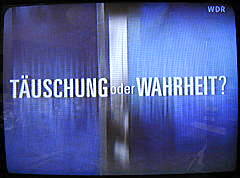
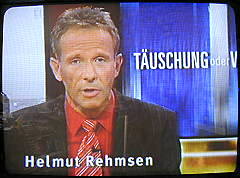
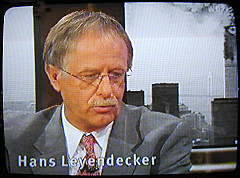
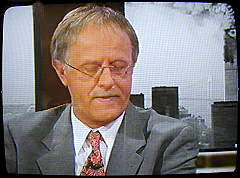
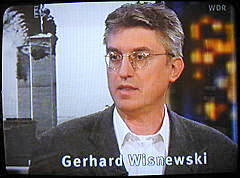

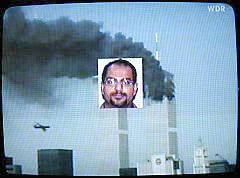



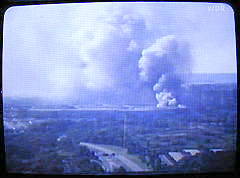
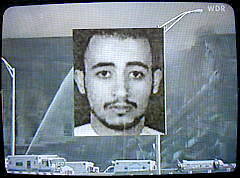
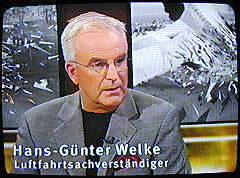
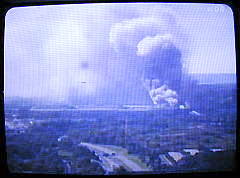


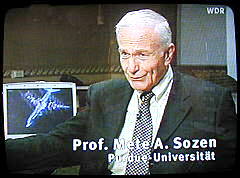
 www.cs.purdue.edu)
www.cs.purdue.edu)
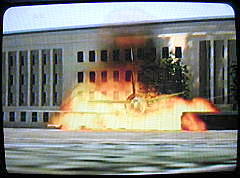
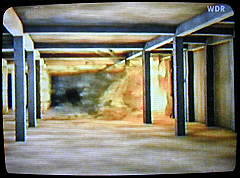
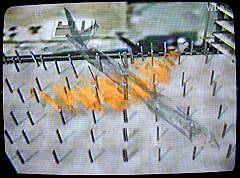
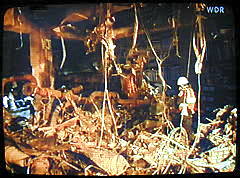

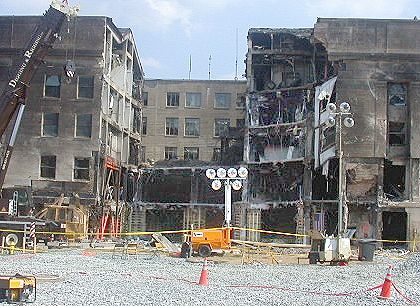
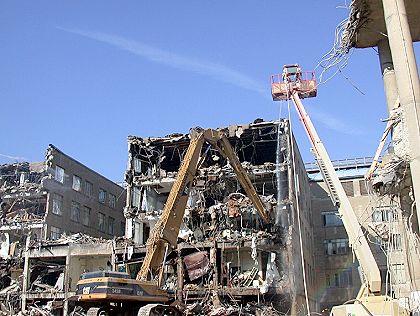

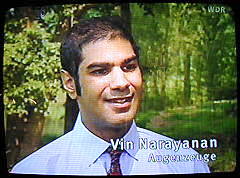
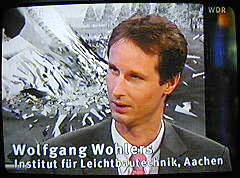
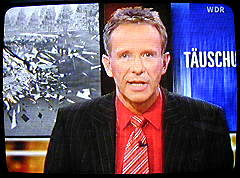
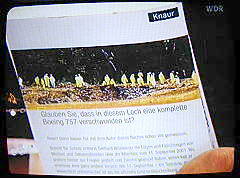
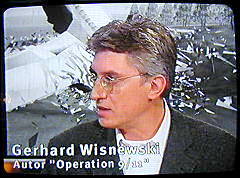
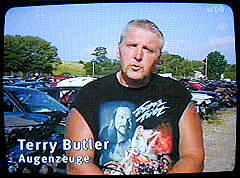



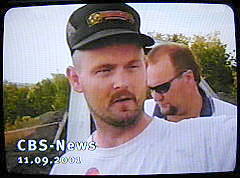
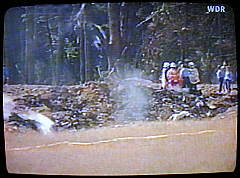

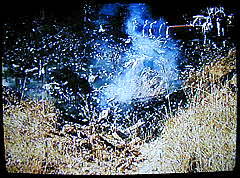
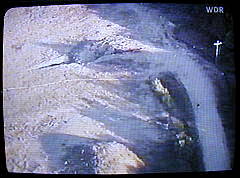
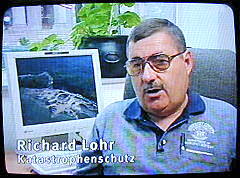
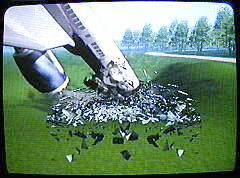
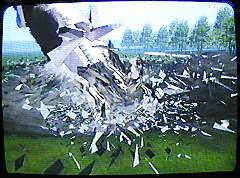
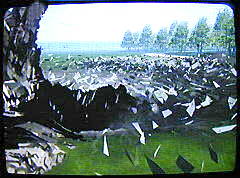
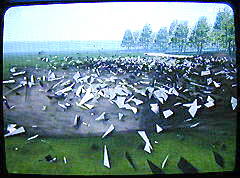
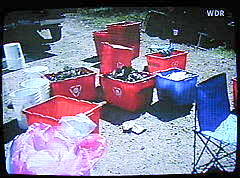
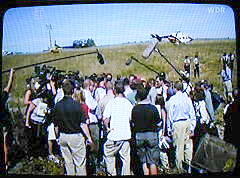

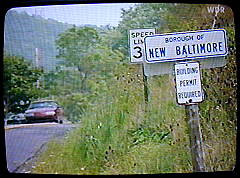
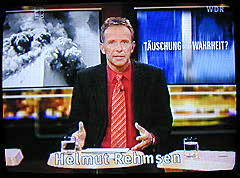
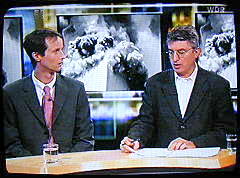
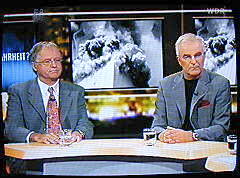

 Earth's magnetic field:
Earth's magnetic field:

